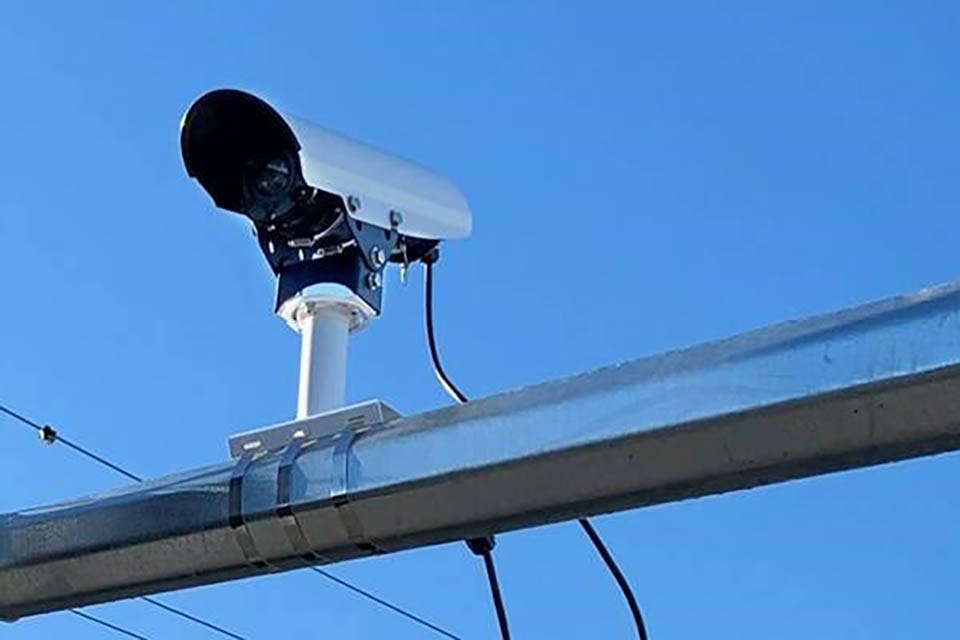Would higher-resolution traffic cameras in Richmond help solve crimes or make Richmond a “police state?”
This was the debate at a community safety meeting this week, as city council explores upping the video quality of their traffic cameras so they can be used in police investigations.
In September, Coun. Kash Heed asked city staff to analyze whether the more than 100 low-resolution traffic cameras - installed at Richmond intersections about three years ago - could be enhanced to provide higher-quality video to help police in their investigations.
The traffic cameras were set so that faces and licence plates couldn’t be identified, as directed by the Office of the Information and Privacy Commissioner (OIPC).
The current cameras can't just be turned to higher-resolution; rather, they would need to be replaced, at a cost of about $6.5 million something city staff suggest could be budgeted in over a few years.
But Coun. Laura Gillanders, at Wednesday’s meeting, said $6.5 million is a high price tag, and, given the housing, homelessness, opioid and climate crises, she didn’t feel making Richmond a “premier police state” was an appropriate use of money, and called the idea “ridiculous.”
Coun. Andy Hobbs, however, said upgrading cameras is about public safety.
“With respect, I’ll take issue with comments about ‘police states’ and that kind of thing because that’s not we’re talking about,” Hobbs said.
Coun. Michael Wolfe had a laundry list of reasons he opposed the cameras. These ranged from privacy issues to data security risks to unwarranted tracking of individuals and the erosion of public trust.
The motion on the table was to send communication to senior levels of government and the OIPC about the need for high-resolution cameras, and not to spend $6.5 million on them now.
Heed noted police usage of high-resolution video footage would be subject to a judicial order, and would be for serious, indictable criminal offences such as the abduction of a child.
“We should be the leaders in Canada on making sure that we have a safe community, and whatever we can do to enhance the safety of the people who live, work and play in Richmond should be taken into account,” Heed said.
City staff estimate partial implementation would cost about $3.3 million, but city-wide implementation would cost $6.55 million.



